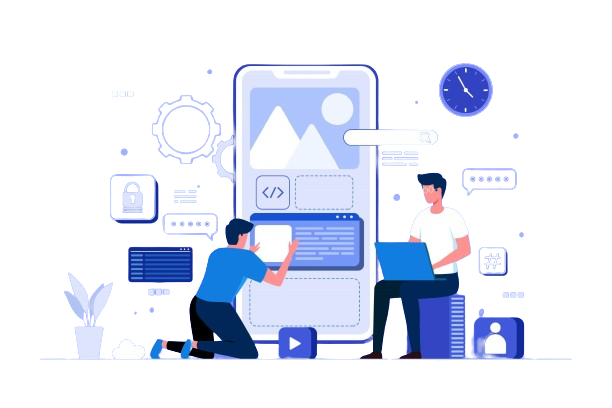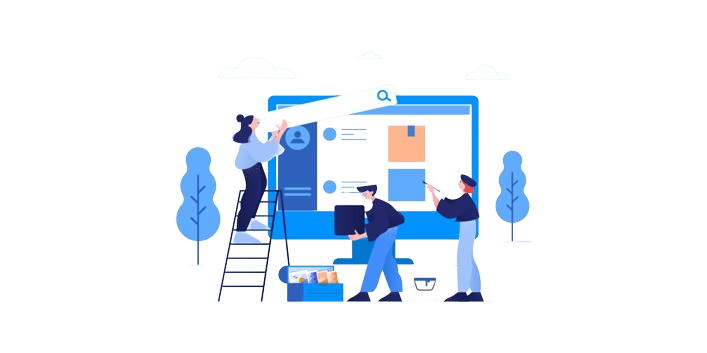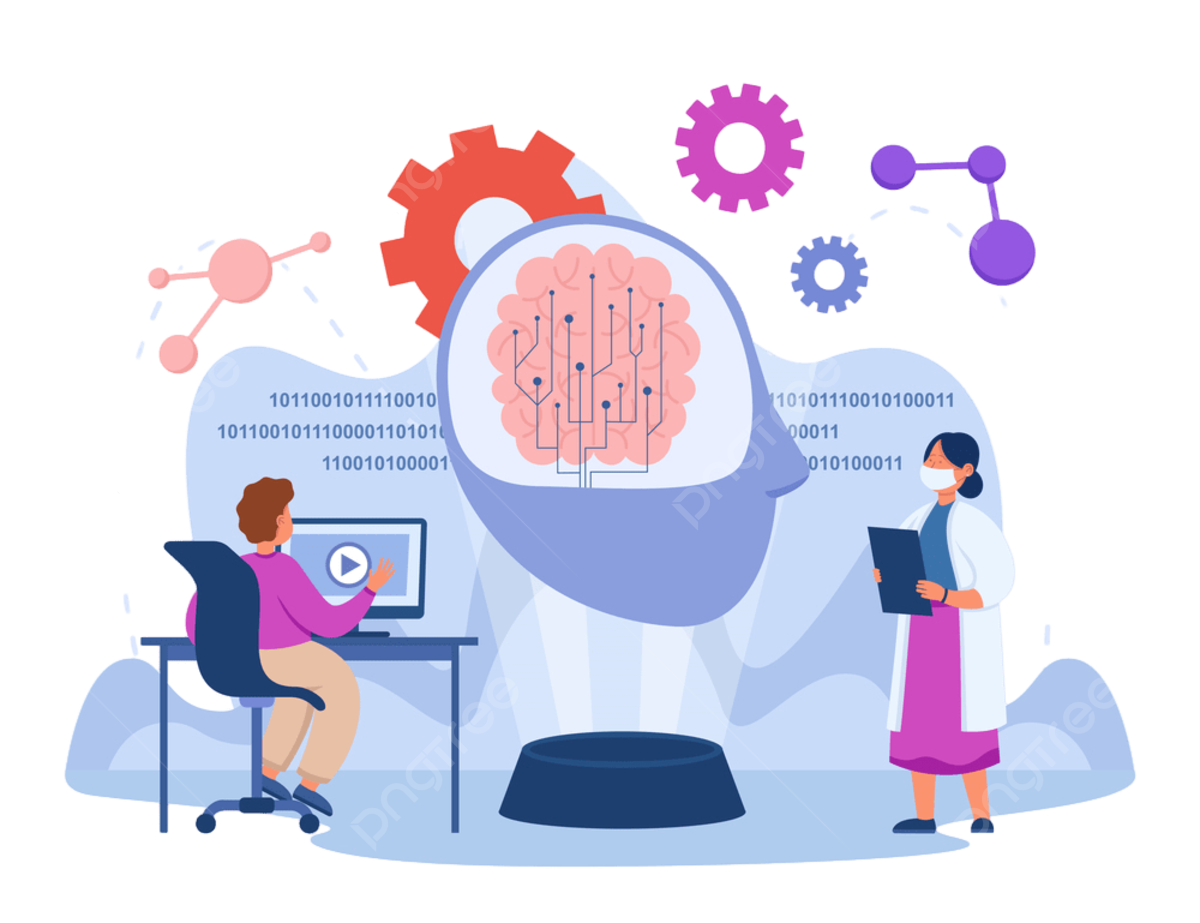Services

Mobile Application Development
"Mobile Application Development" refers to the process of creating software applications that run on mobile devices such as smartphones and tablets. It involves designing, building, testing, and deploying applications tailored to the unique features and constraints of mobile platforms like iOS and Android. This field encompasses a range of technologies, including programming languages like Java, Swift, and Kotlin, as well as frameworks like React Native and Flutter, which enable cross-platform development.
Successful mobile app development requires attention to user experience, performance optimization, security considerations, and compatibility with various devices and screen sizes. With the proliferation of smartphones and the increasing demand for mobile services, mobile app development has become a critical aspect of modern software development.
- Native app development for a tailored user experience
- Cross-platform app development for wider reach
- Offline functionality for uninterrupted use
- Performance optimization for smooth user interaction
- Push notifications for enhanced user engagement
Web App Development
"Web App Development" refers to the process of creating software applications that run on web servers and are accessed through web browsers over the internet. It involves designing, coding, testing, and maintaining applications that provide various functionalities or services to users. Web apps can range from simple interactive websites to complex platforms with advanced features like real-time collaboration, data processing, and user authentication. Developers typically use a combination of programming languages, frameworks, and tools to build web applications that meet specific requirements and deliver an optimal user experience across different devices and browsers
- Crafting custom web apps tailored to your unique vision
- Seamless user experience that keeps them engaged
- Leveraging cutting-edge technology for high performance
- Reliable and secure foundation you can trust
- Ongoing support to keep your web app thriving


E-Commerce Development
E-commerce development encompasses the intricate process of creating, designing, and implementing online platforms where businesses can sell their products or services to consumers over the internet. It involves a blend of technology, user experience design, marketing strategies, and security measures to ensure seamless transactions and customer satisfaction. From building user-friendly interfaces to integrating secure payment gateways, e-commerce development aims to provide a convenient and efficient online shopping experience for both businesses and consumers. With the ever-evolving digital landscape, staying updated with the latest trends and technologies is crucial for successful e-commerce development ventures.
- Mobile-first shopping experience that converts
- Frictionless checkout for a smooth purchase journey
- Product discovery made easy, leading to happy customers
- Scalability and security to ensure trust and growth
- Marketing and analytics integration for informed decisions
AI Software Development
AI software development involves the creation, implementation, and enhancement of applications and systems that utilize artificial intelligence techniques to perform tasks that typically require human intelligence. This multidisciplinary field combines principles from computer science, mathematics, cognitive psychology, and other domains to develop algorithms and models capable of learning from data, recognizing patterns, making predictions, and solving complex problems. AI software developers leverage various programming languages, frameworks, and tools to design intelligent systems such as natural language processing, computer vision, machine learning, and robotics applications. Continuous research and innovation drive the evolution of AI software, enabling advancements in areas like autonomous vehicles, healthcare diagnostics, virtual assistants, and personalized recommendation systems
- Intelligent automation for streamlined workflows
- Enhanced code quality and reduced errors
- Data-driven decision making for smarter development
- Personalized user experiences with AI-powered features
- Predictive maintenance for proactive problem solving


Machine Learning Development
Machine Learning Software Development refers to the process of creating software systems that utilize machine learning algorithms and techniques to perform tasks without explicit programming. This field encompasses various stages, including data collection, preprocessing, model selection and training, evaluation, and deployment. Software developers in this domain must possess a strong understanding of both traditional software engineering principles and machine learning concepts. They work with frameworks like TensorFlow, PyTorch, and scikit-learn to build and deploy machine learning models efficiently. Additionally, they often collaborate with data scientists and domain experts to ensure the developed software meets the desired objectives and performs effectively in real-world scenarios.
- Customizable algorithms for specific tasks
- Data pre-processing and engineering for clean, usable data
- Model training and optimization for superior results
- Model evaluation and deployment for real-world impact
- Explainable AI (XAI) for transparency and trust
Web Development
"Web Development" encompasses the entire process of building, creating, and maintaining websites or web applications. It involves various disciplines such as web design, programming, server administration, and database management. Web developers utilize languages like HTML, CSS, and JavaScript for front-end development, while employing frameworks and languages like Node.js, Ruby on Rails, or Django for back-end development. The field is dynamic, constantly evolving with new technologies, frameworks, and best practices emerging regularly. Successful web development requires a blend of technical skills, creativity, and an understanding of user experience and accessibility principles to craft engaging and functional online experiences.
- Responsive design for optimal viewing across all devices
- Search Engine Optimization (SEO) for increased visibility
- Performance optimization for fast loading times
- Content Management System (CMS) integration for easy updates
- Cross-browser compatibility for a wider audience
Let's Discuss Your Project
Let us know your project idea and Get free consultation to turn it into an amazing digital product.